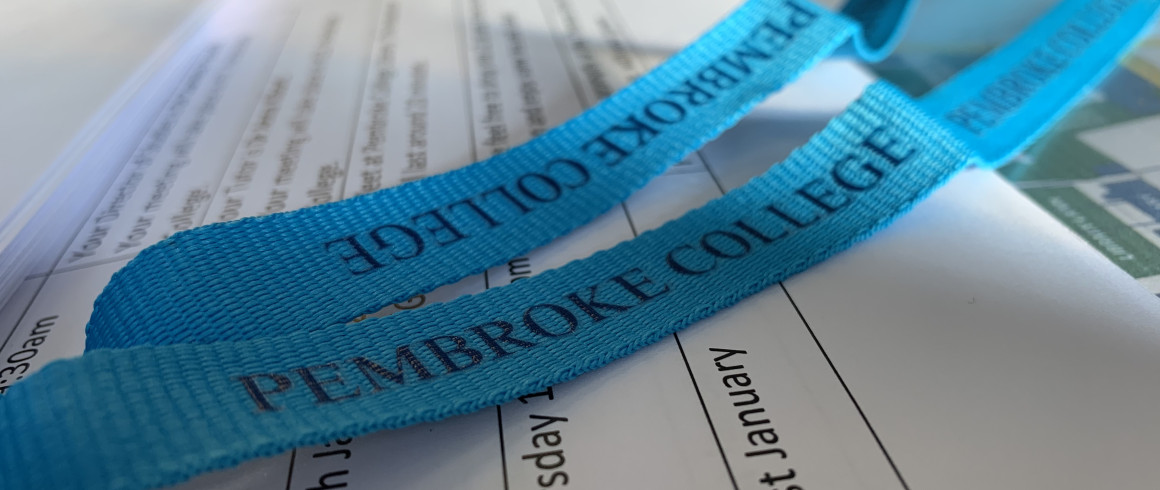Advanced Microeconomic Theory
In contrast to an introductory course in Microeconomics, focusing on consumers and firms individually, this course takes a closer look at the interactions between economic agents through the institution of a competitive market. The objective of the course is for the participants to understand what a market is, describe its behaviour, and be able to make precise predictions regarding the outcomes of market interactions and its welfare properties. Finally, the course will allow the participants to understand the phenomena that lead to departures from efficiency, including externalities, public goods, and asymmetric information and investigate the role of uncertainty in making decisions.
Course Objectives
By the end of the course, students should be able to explain concepts of general equilibrium and allocative efficiency in the context of the welfare theorems; discuss the need and explain the form of government intervention to regulate externalities, public goods and information asymmetries and solve a decision problem under uncertainty.
Intended Audience
This course is aimed at students with a basic knowledge of microeconomics, including consumer and producer theory, basic calculus and optimisation. Students from other backgrounds are welcome since the projects will be tailored to their specific interests.
Previous Knowledge
Preferably, participants should have taken a basic first year class in microeconomics. Ideally, they should also be familiar with basic calculus, including maximisation of single-variable functions. However, as the course is relatively self-contained, is should be accessible to a wider audience as well.
Transferable Knowledge and Skills
Upon successful completion of this course, students will be able to:
- demonstrate a critical understanding of the principles of economics
- use the power of abstraction to focus upon the essential features of an economic problem and to provide a framework for the critical understanding and evaluation of the effects of policy or other exogenous events
- analyse an economic problem or issue using an appropriate theoretical framework and recognise its limitations.
Dr Pawel Dziewulski
Dr Pawel Dziewulski is a Senior Lecturer in Economics at the University of Sussex. He received his doctorate from the University of Oxford.
His research focuses on the issues related to consumer choice and demand. In particular, Dr Dziewulski is interested in departures of individual behaviour from what would be considered a "rational" behaviour, and what such departures reveal about the inherent biases of the consumers and their preferences; whether it is the problem of time-inconsistency in decision making or inability to correctly discriminate between options.
His most recent publications include "Making sense of the monkey business: Re-examining tests of animal rationality", Journal of Behaviour and Organization (2022), "Markov distributional equilibrium dynamics in games with complementarities and no aggregate risk", Theoretical Economics (2022), and "Just noticeable difference as a behavioural foundation for the critical cost-efficiency index", Journal of Economic Theory (2020).
